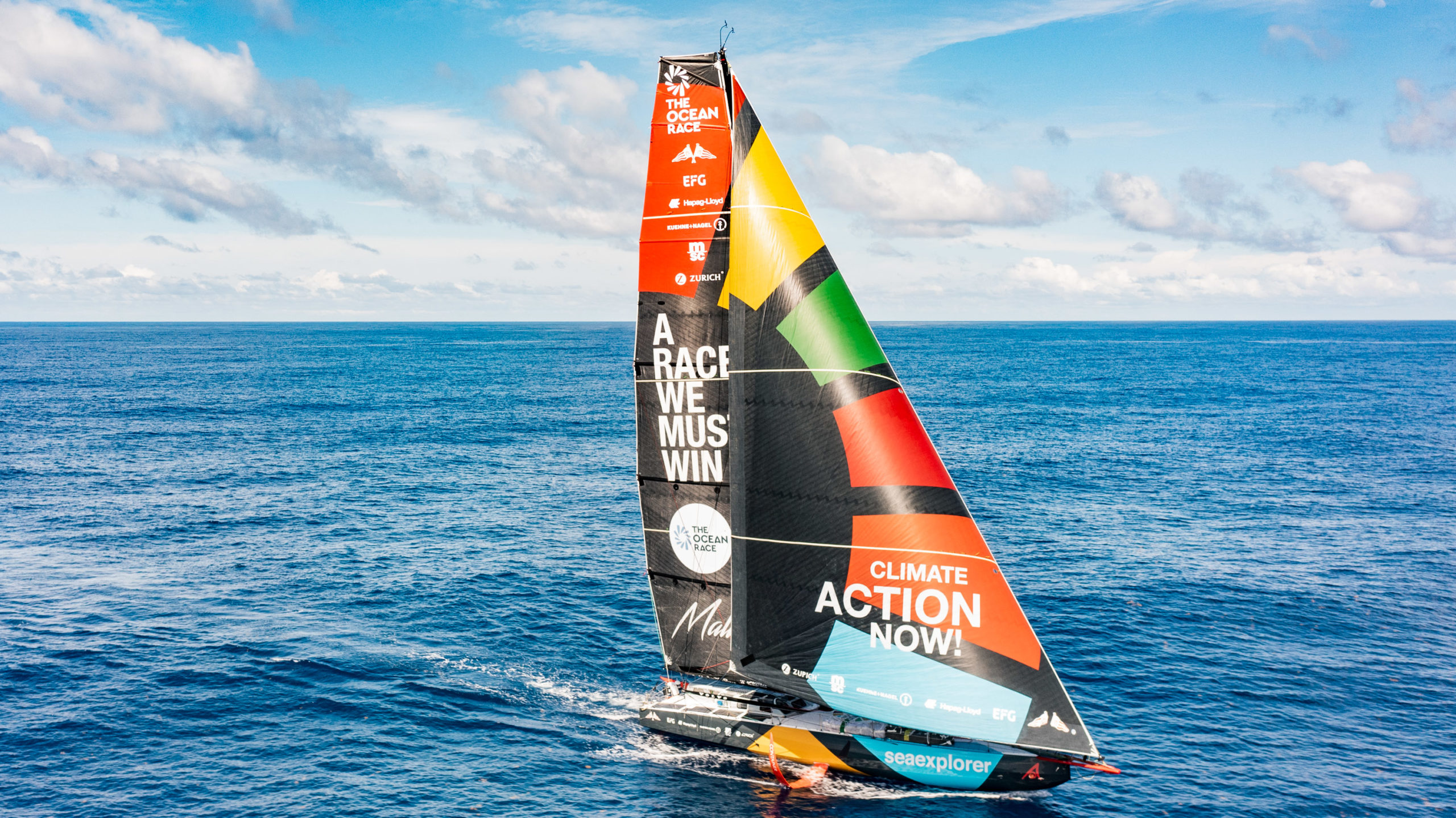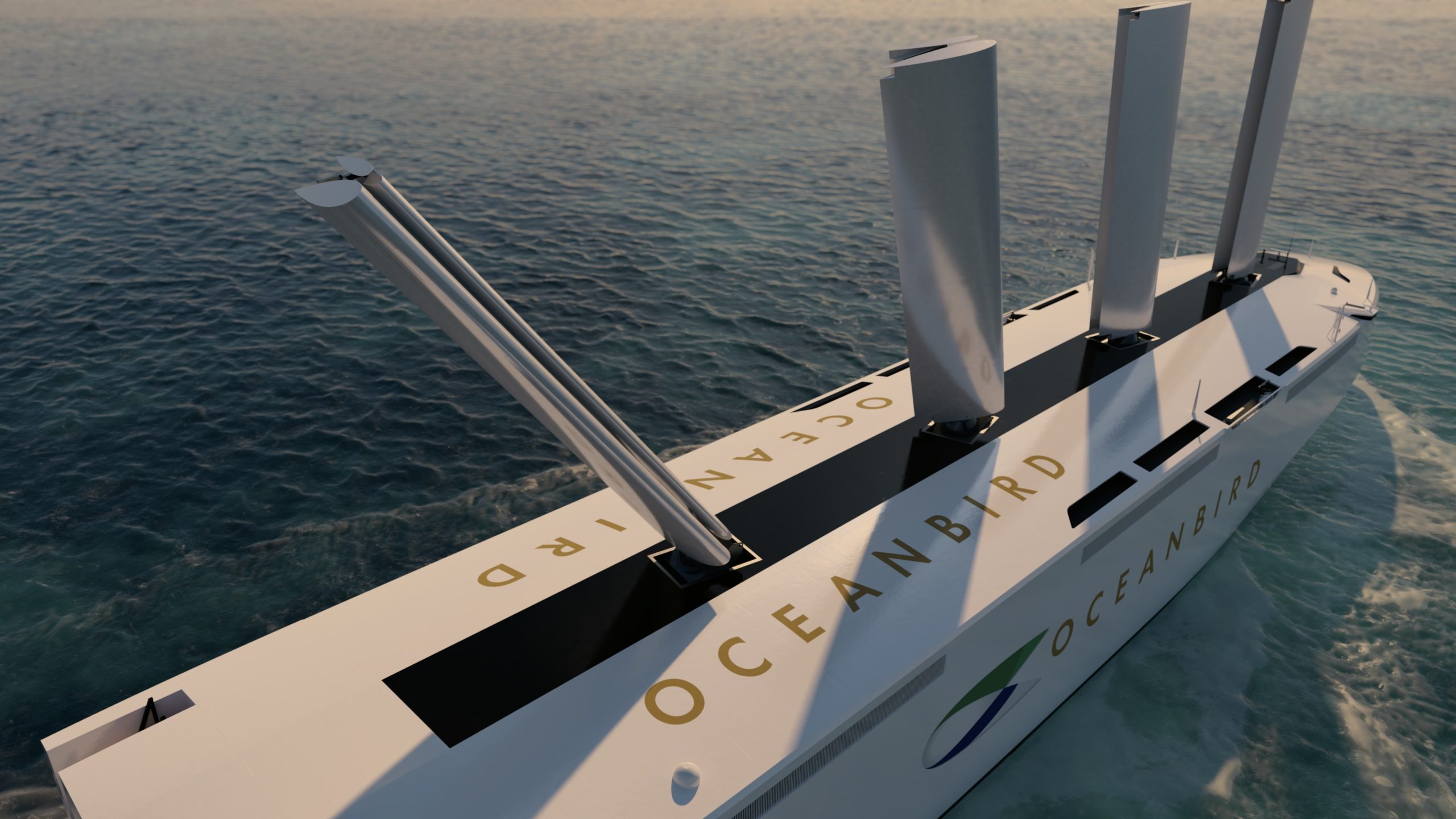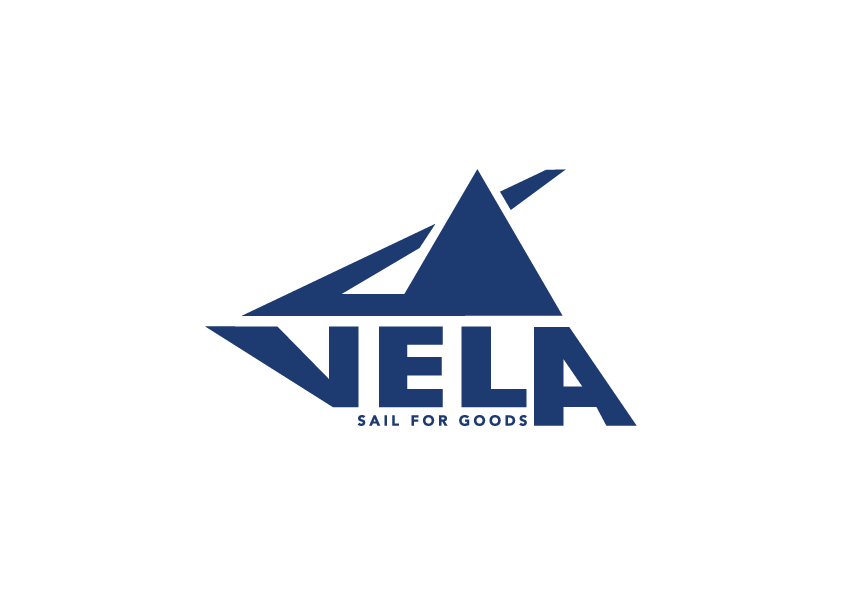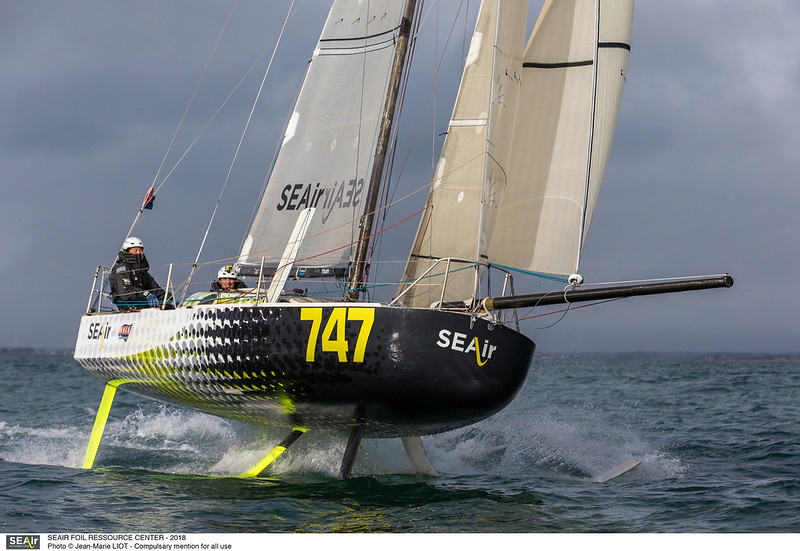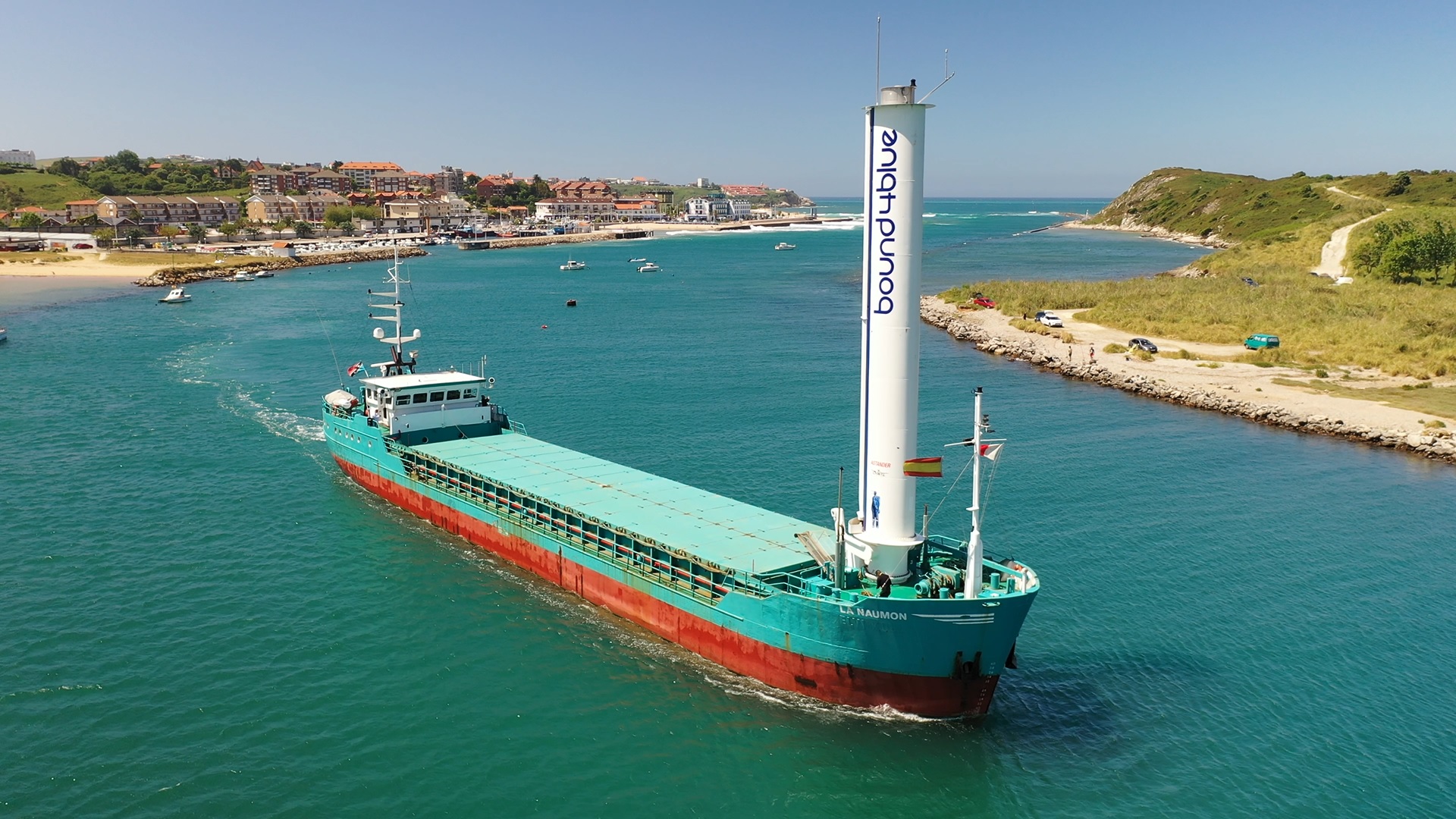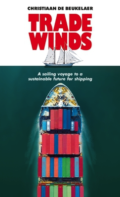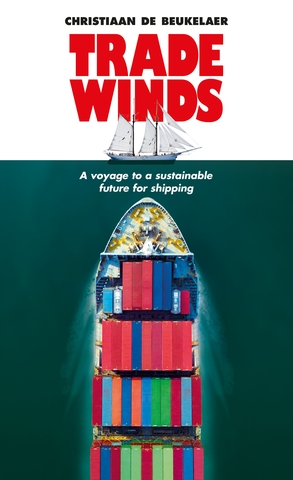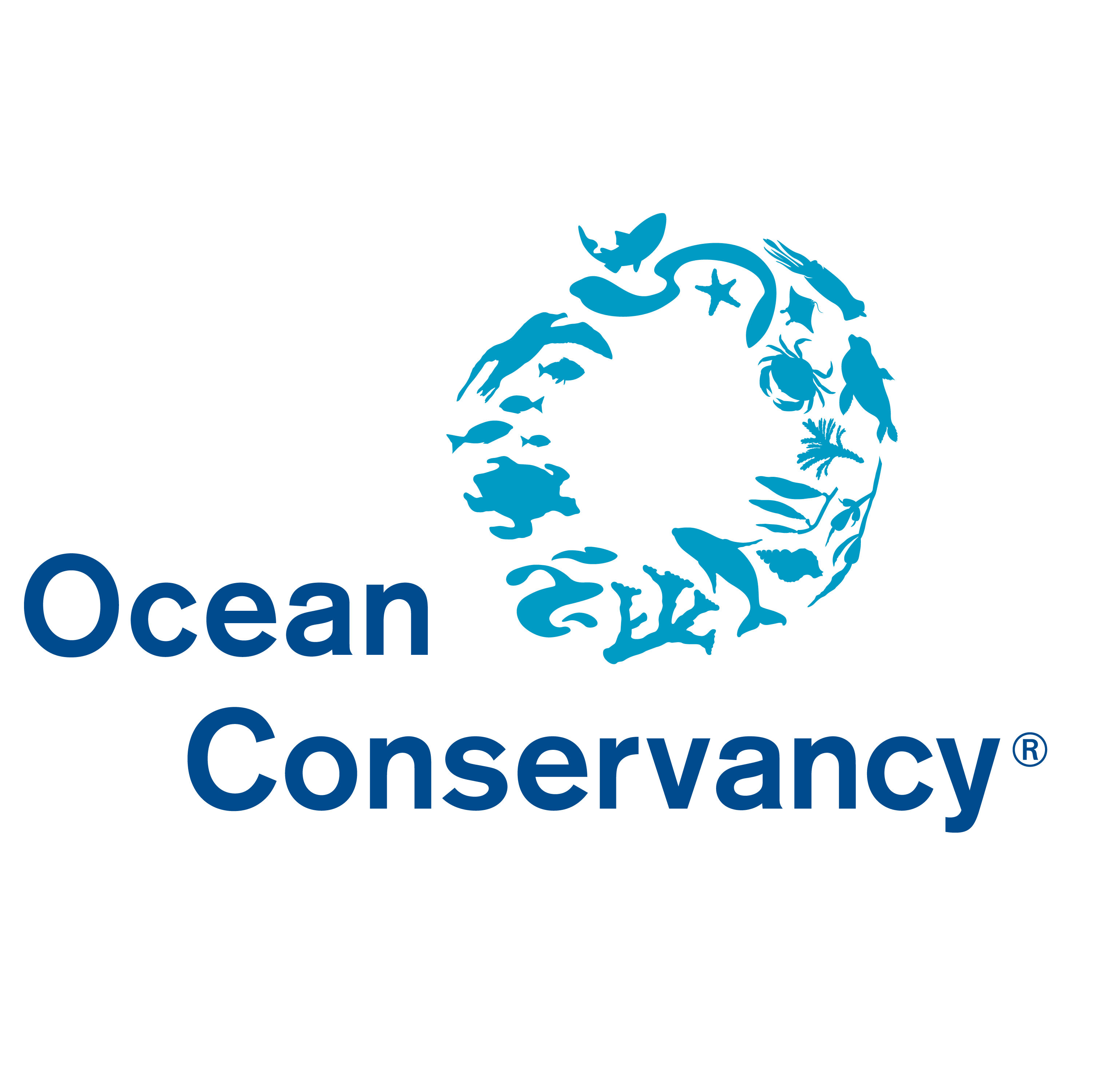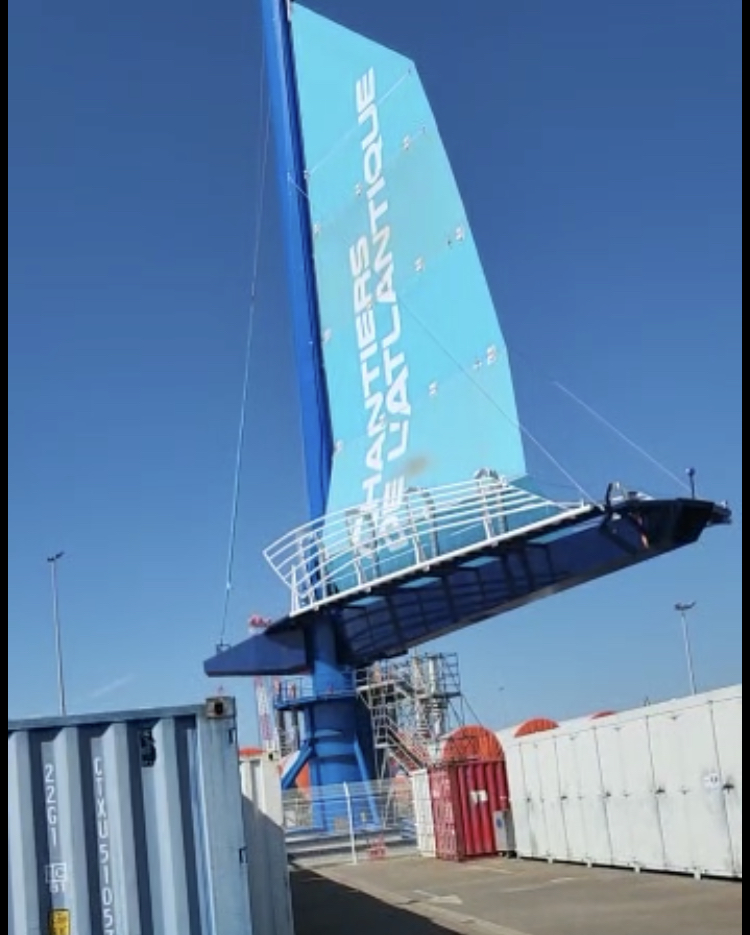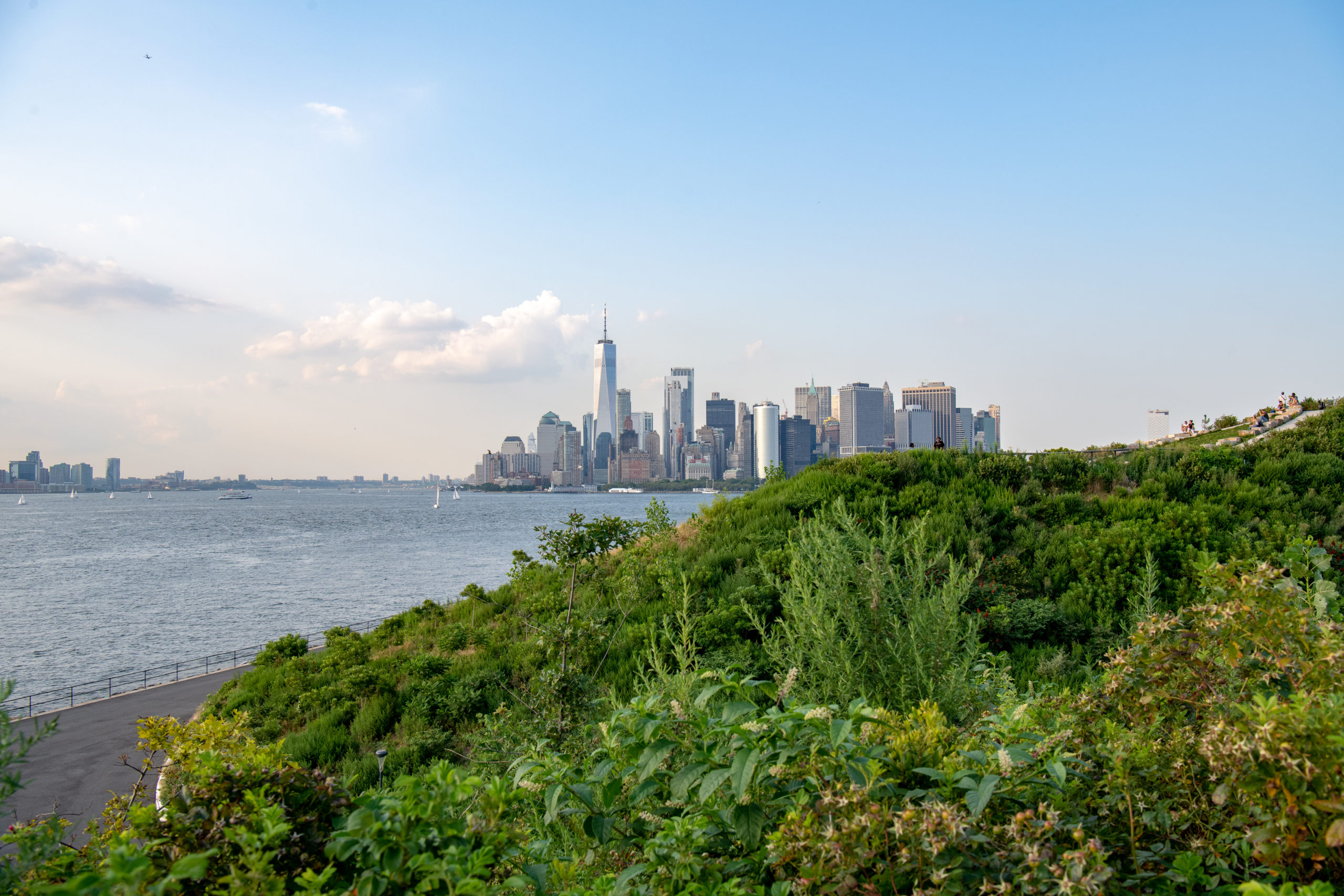This episode is taking you to the high seas with our guest Boris Herrmann, the skipper of the IMOCA Team Malizia, currently racing around the world in the Ocean Race 2023.
Yes, it’s a lot about racing sailboats. You’ll discover Boris’s joy and thrills of racing high performance sailing machines around the planet, but it’s also a lot about the future of maritime transportation.
Because, it’s now an evidence that offshore racing is an engine for innovations. Just like the America’s Cup, Formula One or Nascar.
Boris will guide you through the pathways between his sport and the development of wind assisted cargo vessels. Not only is he passionate about it, speaking like a true advocate, but he is also directly involved since Team Malizia joined the International WindShip Association a few months ago.
With his sponsors – a clever mix of foundations and private enterprises – he is guiding the adaptation of wind propulsion for several German based shipping companies.
When Kat spoke with him, he was fresh off the boat, after a gruesome and epic victory in the longest leg, between Capetown, South Africa and Itajai, Brazil. But since Boris was waiting for a flight to take him back home in Germany, we recorded this interview from the airport. We apologize for the background noise.

